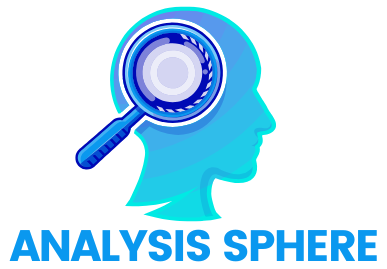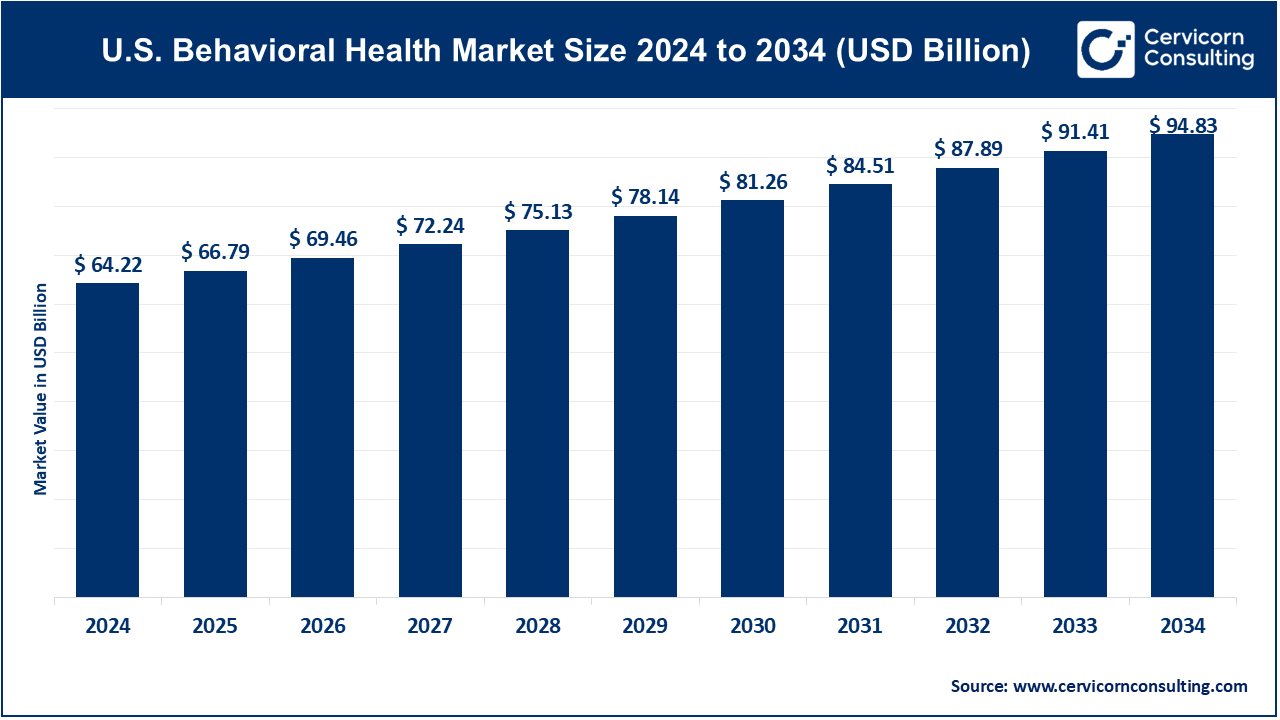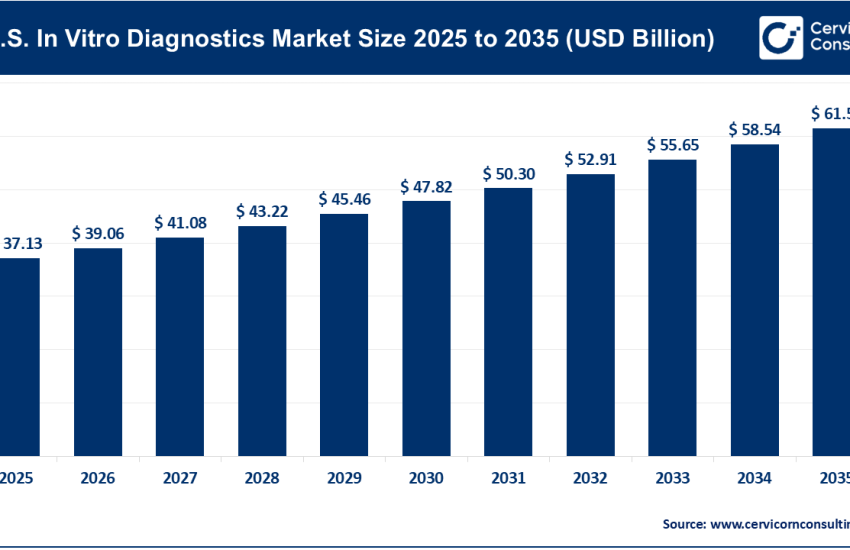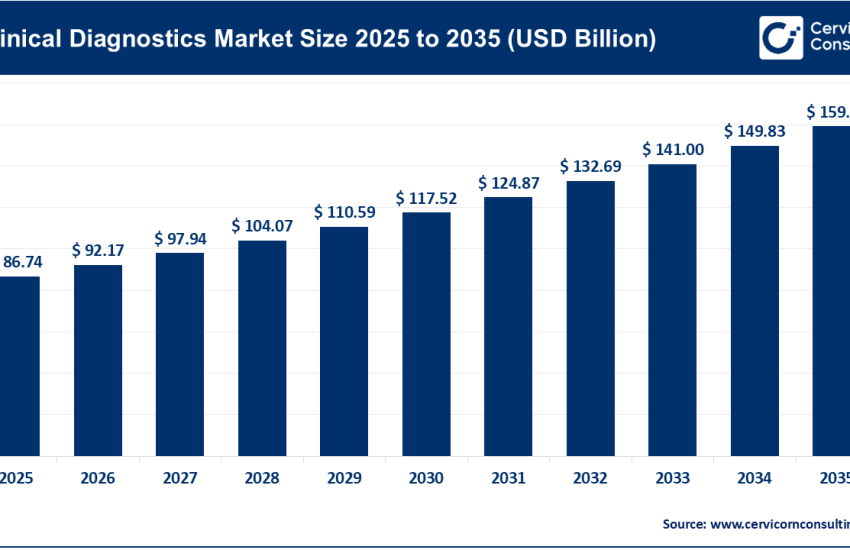U.S. Behavioral Health Market Trends, Insights, and Leading Companies (2025-2034)
U.S. Behavioral Health Market Growth
The U.S. behavioral health market was valued at USD 64.22 billion in 2024 and is projected to exceed USD 94.83 billion by 2034, with a CAGR of 4% from 2025 to 2034.
The U.S. behavioral health market is growing due to increased awareness of mental health issues, advancements in digital health technologies, rising prevalence of behavioral health disorders, and government initiatives promoting access to care. The COVID-19 pandemic has further underscored the need for robust mental health infrastructure, accelerating investment in telehealth and digital therapies.
Understanding the U.S. Behavioral Health Market
The U.S. behavioral health market encompasses services, solutions, and products aimed at diagnosing, treating, and supporting individuals with mental health disorders, substance abuse issues, and other behavioral health challenges. Behavioral health includes conditions such as depression, anxiety, bipolar disorder, schizophrenia, and substance abuse disorders. This market integrates inpatient care, outpatient services, telehealth solutions, and preventive programs to address mental wellness and addiction recovery.
Why Is the U.S. Behavioral Health Market Important?
Behavioral health is a critical component of overall well-being and economic productivity. Mental health disorders and substance abuse issues impose a significant economic burden, with untreated conditions leading to reduced workplace productivity, increased healthcare costs, and social challenges. The importance of the U.S. behavioral health market lies in its ability to mitigate these challenges by providing accessible, effective, and patient-centered care solutions.
Get a Free Sample: https://www.cervicornconsulting.com/sample/2349
Top Companies in the U.S. Behavioral Health Market
1. Acadia Healthcare
- Specialization: Behavioral health services, including inpatient psychiatric care, substance use treatment, and specialty programs.
- Key Focus Areas: Addiction recovery, trauma-related disorders, and youth mental health.
- Notable Features: Operates a network of over 225 facilities, offering diverse care models.
- 2024 Revenue (Approx.): $2.6 billion.
- Market Share (Approx.): 15%.
- Global Presence: Facilities in the U.S. and the U.K.
2. Magellan Health
- Specialization: Managed behavioral healthcare and pharmacy services.
- Key Focus Areas: Integrated care, crisis intervention, and substance use treatment.
- Notable Features: Pioneered digital tools for behavioral health assessments and interventions.
- 2024 Revenue (Approx.): $4.4 billion.
- Market Share (Approx.): 20%.
- Global Presence: Primarily operates within the U.S.
3. Cenpatico Behavioral Health
- Specialization: Medicaid-focused behavioral health services.
- Key Focus Areas: Community-based programs, children’s mental health, and telehealth.
- Notable Features: Partnerships with state governments to expand Medicaid services.
- 2024 Revenue (Approx.): $1.1 billion.
- Market Share (Approx.): 8%.
- Global Presence: U.S.-centric operations.
4. Universal Health Services, Inc. (UHS)
- Specialization: Acute care hospitals and behavioral health facilities.
- Key Focus Areas: Integrated care for co-occurring disorders.
- Notable Features: Operates over 300 behavioral health facilities across the U.S.
- 2024 Revenue (Approx.): $14 billion.
- Market Share (Approx.): 25%.
- Global Presence: Facilities in the U.S., Puerto Rico, and the U.K.
5. BHS (Behavioral Health Services)
- Specialization: Substance abuse treatment and mental health support.
- Key Focus Areas: Outpatient programs, detoxification, and prevention.
- Notable Features: Community-focused approach with culturally sensitive programs.
- 2024 Revenue (Approx.): $900 million.
- Market Share (Approx.): 5%.
- Global Presence: U.S.-based services.
Leading Trends and Their Impact
- Telehealth Expansion:
- The rise of telehealth platforms has revolutionized access to care, particularly in rural areas.
- Impact: Increased patient engagement and reduced barriers to therapy.
- Digital Therapeutics:
- Tools such as mobile apps for cognitive behavioral therapy (CBT) and AI-driven mental health assessments.
- Impact: Cost-effective solutions for early intervention and ongoing care.
- Integrated Care Models:
- Combining behavioral health with primary care.
- Impact: Improved outcomes for patients with co-occurring physical and mental health conditions.
- Value-Based Care:
- Shift towards reimbursement models that reward outcomes over service volume.
- Impact: Enhanced quality of care and reduced healthcare expenditure.
- Focus on Diversity and Inclusion:
- Programs tailored to underserved and marginalized communities.
- Impact: Broader reach and improved health equity.
Successful Examples of the U.S. Behavioral Health Market
- Headspace Health:
- A meditation and mindfulness app offering tools for stress management and emotional resilience.
- Global Impact: Over 70 million users across 190 countries.
- Talkspace:
- An online therapy platform connecting users with licensed therapists.
- Success: Partnerships with employers and insurers to expand accessibility.
- National Suicide Prevention Lifeline:
- A 24/7 crisis hotline providing immediate support.
- Achievements: Reduction in suicide rates in communities with strong outreach.
Government Initiatives and Policies Shaping the Market
- Mental Health Parity and Addiction Equity Act (MHPAEA):
- Ensures equal insurance coverage for mental health and substance abuse treatment.
- Outcome: Reduced financial barriers for patients.
- Affordable Care Act (ACA):
- Mandates coverage of behavioral health services as essential benefits.
- Impact: Expanded access to millions of Americans.
- Substance Abuse and Mental Health Services Administration (SAMHSA):
- Provides grants for community mental health programs.
- Influence: Strengthened grassroots-level interventions.
- American Rescue Plan (2021):
- Allocated $4 billion for mental health and substance abuse programs.
- Result: Enhanced capacity of behavioral health systems during the pandemic.
- State-Level Initiatives:
- Example: California’s Mental Health Services Act (MHSA) funds local prevention and treatment programs.
- Effect: Improved localized care and innovation.
To Get Detailed Overview, Contact Us: https://www.cervicornconsulting.com/contact-us
Read Report: Dental Service Organization Market Trends, Growth, and Key Insights (2024-2033)



